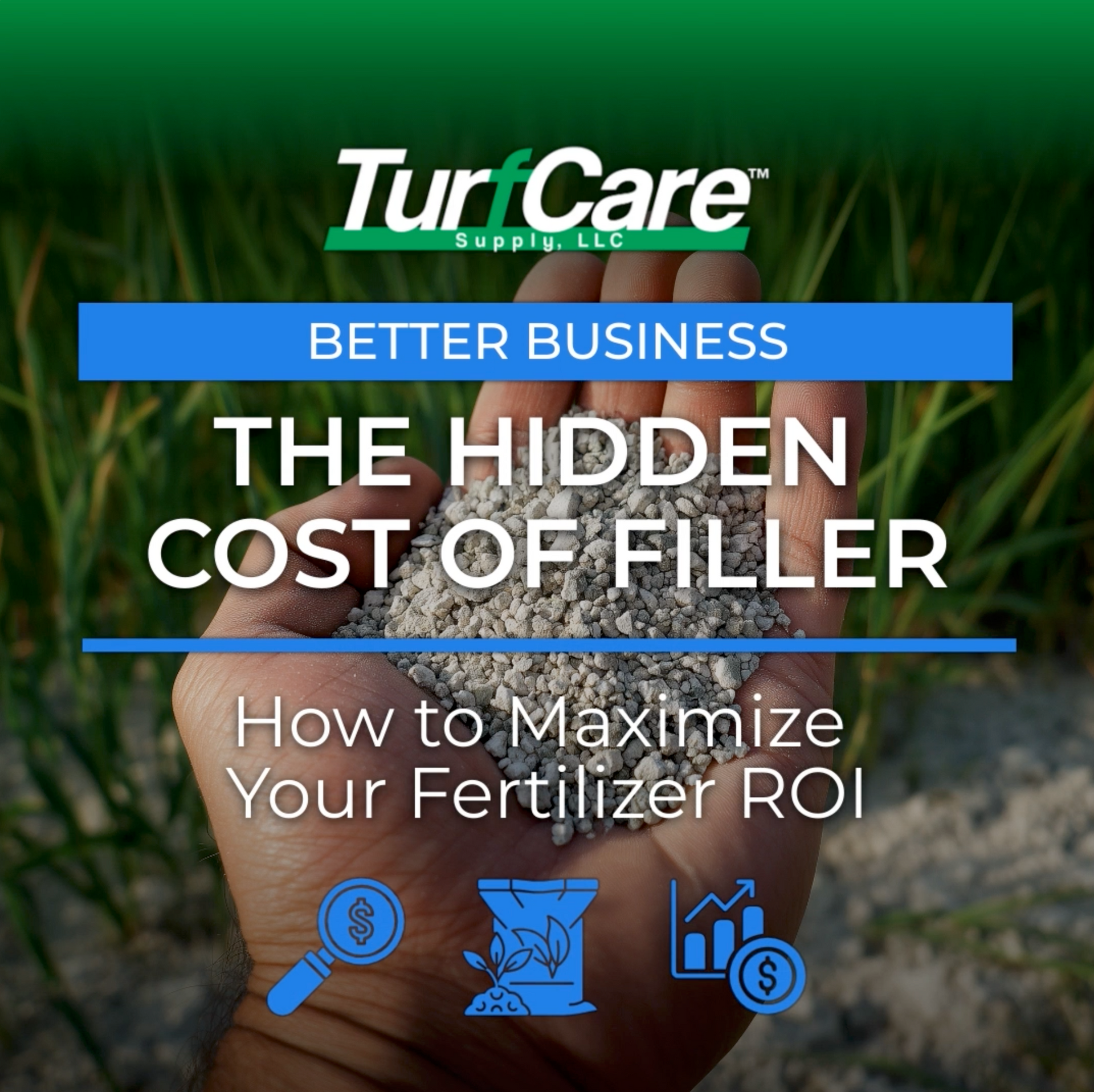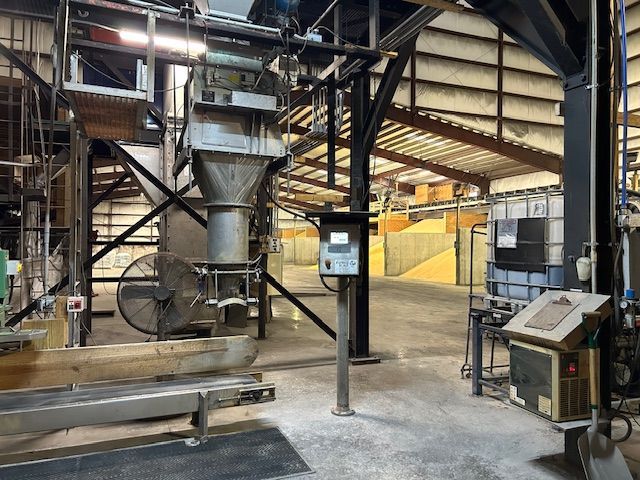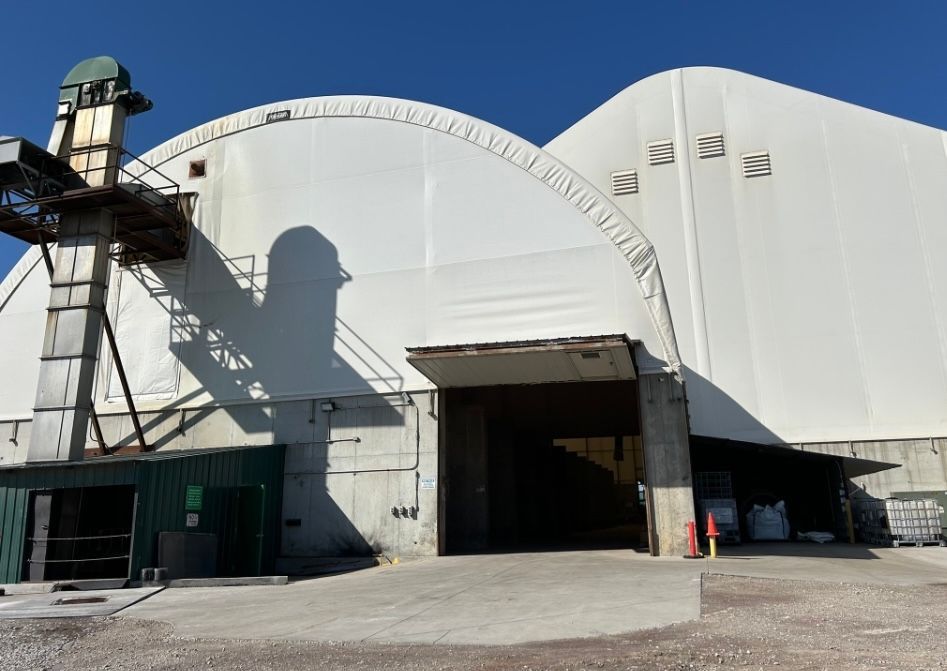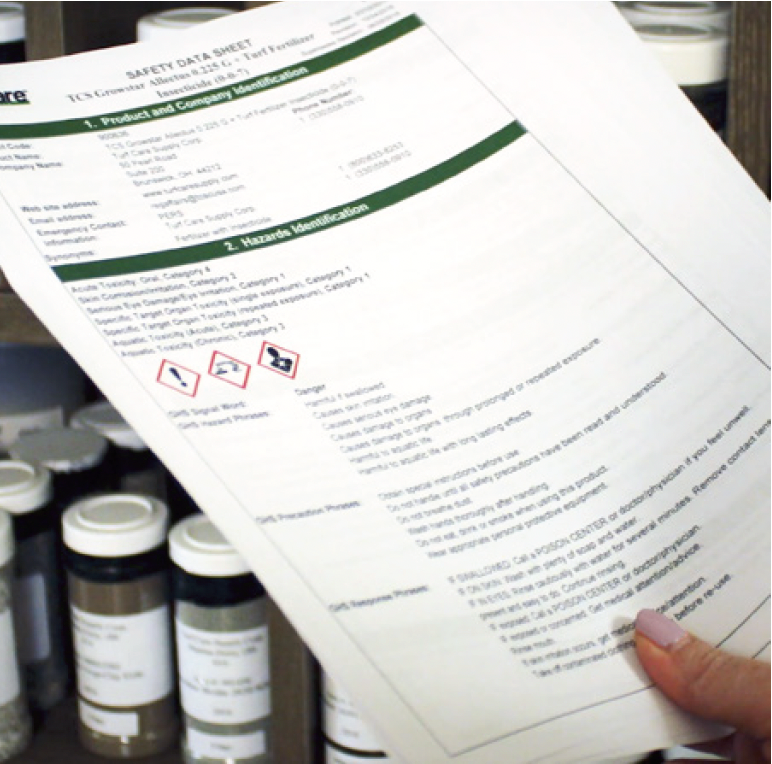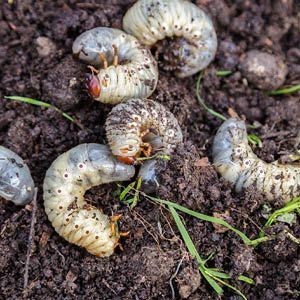The Vital Role of Microbes

LEARN WHY YOU & YOUR LAWN'S LIFE DEPEND ON THEM! Beautiful lawns don’t just happen, a lot of support is required to maintain healthy turf. You’re probably thinking that the support comes from fertilizer applications , soil amendments and regular lawn care maintenance , but that’s not what I’m referring to. I’m referring to the tiny, hard working army known as microbes. Now, don’t get me wrong, fertilizing, applying soil amendments and doing regular lawn care maintenance like aeration, mowing and thatch management all help in the support of a healthy lawn, but without microbes assisting, none of those treatments would be as effective.
SO WHAT ARE MICROBES?
Microbes are very small forms of life, often times single celled organisms so tiny that you need a microscope to see them. Microbes include several different species like bacteria, fungi, algae and protozoa that exist in the soil, most abundantly found in the topsoil where food sources are plentiful.
- Did you know? One teaspoon of healthy soil can contain more microbes than people on Earth!
WHAT DO MICROBES DO?
These organisms primary decompose organic matter but they also detoxify harmful chemicals, provide nitrogen to help plants grow, suppress disease organisms and produce nutrients that stimulate plant growth.
WHY ARE MICROBES IMPORTANT TO SOIL?
Microbes are important to the soil because they play a vital role in supporting plant and animal survival. The significance of microbes is complex but to put it simply, microbes eat, therefore plants and animals can eat too. You may remember this from your elementary school days, it’s called “The Food Web,” however, a more complex one. Many plants are unable to take up nutrients from the soil without the assistance of microbes. These small living organisms consume organic matter (dead plant residues) and through digestion, turn this matter into nutrients a plant can absorb like nitrogen, phosphorus, potassium, oxygen, hydrogen and other essential minerals. Microbes also consume then convert the NPK and minerals applied to soil to make them available to plants. In addition, plants release carbohydrates (sugars) that microbes then “eat” which assists in the recycling of nutrients. Since microbes create the necessary environment to promote plant growth and health, they are essential to animal and human existence.
FIVE WAYS MICROBES IMPROVE YOUR SOIL
1. BREAK DOWN ORGANIC MATTER & NPK
Microbes are responsible for decomposing organic matter (wood chips, leaves, manures and other organic materials) and consuming nutrients like NPK, which through digestion create the necessary form of nutrients that a plant can absorb (nitrogen, phosphorous, and potassium cycles).
2. RECYCLE NUTRIENTS
These organisms form a crucial role in mineralization; the process of returning nutrients to their mineral form. This process allows essential plant nutrients to become available in the soil.
3. FIX NITROGEN
Microbes have the ability to convert atmospheric nitrogen into nitrate, the form usable by plants. This process is known as biological nitrogen fixation.
4. RESPONSIBLE FOR CREATING HUMUS/HUMIC
Through microbe digestion of organic materials, they create Humus/Humic. Humus improves soil structure, helps retain soil moisture and is good for root penetration and development. This substance can remain in the soil for potentially a millennium.
5. CREATE SOIL STRUCTURE
Soil structure is important for successful plant growth. The basis of good soil structure incudes gums, polysaccharides and glycoproteins. Microbes secrete these three aggregates which glues soil minerals together.
HOW MICROBES CAN IMPROVE YOUR LAWN
Turf grass supports some of the largest microbial populations. If the population is imbalanced, nutrients would stay unavailable to the plant and lawn health would be compromised. This is because microbes are in charge of maintaining a prosperous environment for soil health and nutrient conversion, which is essential for plant survival.
Understanding microbial environments can unlock beneficial turf grass health. Elevating a harmonious balance of microbes can assist with nitrogen availability, as well as increasing the presence of other nutrients essential to plant growth. The unique interactions between turf plants and microbes collectively benefit a lawn’s nutrient cycle, soil aggregation, carbon-nitrogen levels, organic matter degradation as well as enhance root growth and development. Microbes are essential to turf survival, increasing their presence in the soil is sure to improve the appearance and overall health of your lawn.
Coming Soon! TurfCare™ has been developing an exciting microbial product, AMP-XC™ Liquid Concentrate that will soon be available to you! Keep your eyes open for the launch of AMP-XC™ Liquid Concentrate, a microbial product that is essential to your soil and plant health.
GLOSSARY
- Biological nitrogen fixation (BNF): the term used for a process in which nitrogen gas (N2) from the Atmosphere is incorporated into the tissue of certain plants. Only a select group of plants is able to obtain N this way, with the help of soil microorganisms.
For professional fertilizers, humic and AMP-XC™ enriched products available, please visit TurfCare’s online Product Catalog.
For green industry professionals or others interested in ordering Turfcare products, please contact our Customer Service to find a distributor near you.
The TURFReport Highlights:
Additional Articles and Insights
